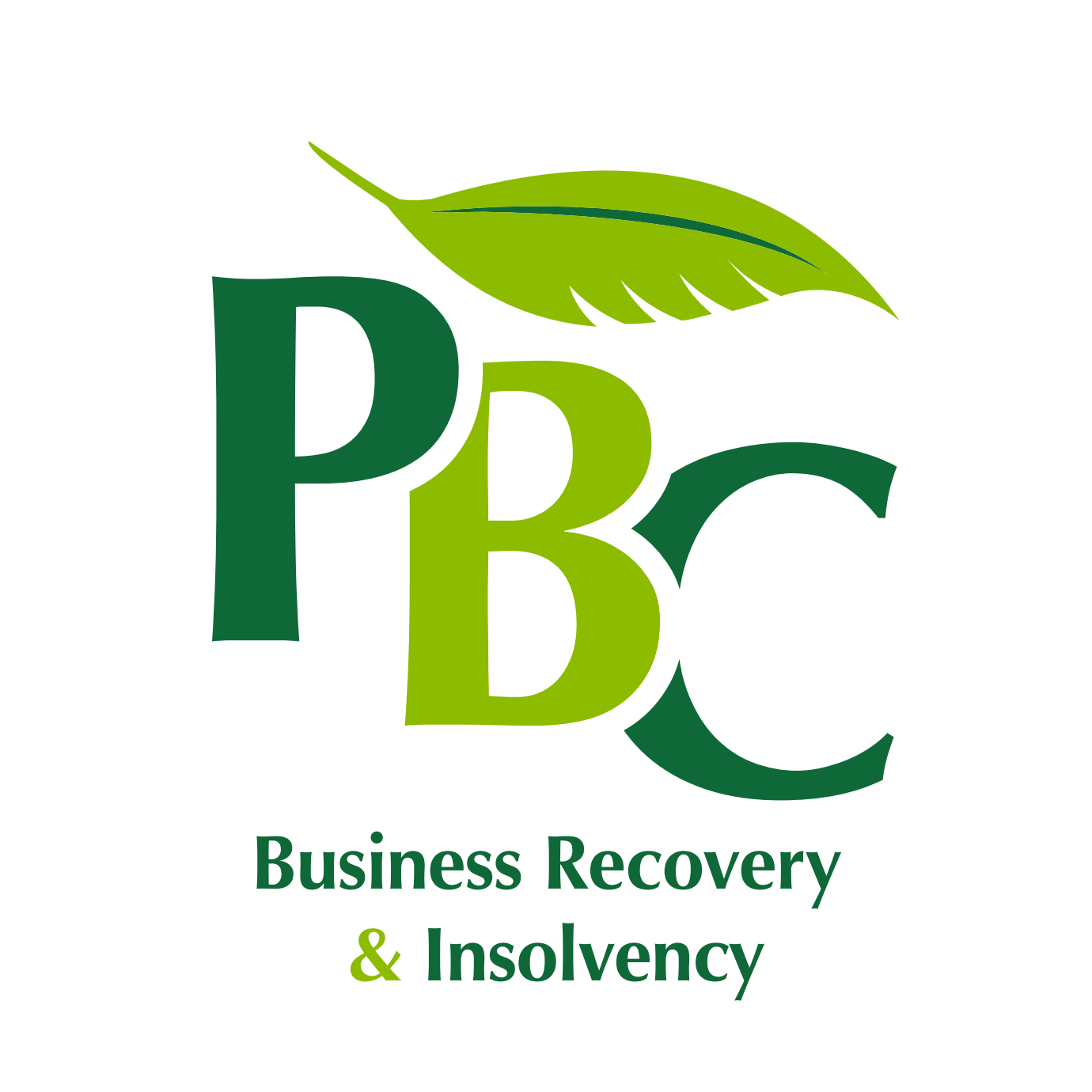It is not very often I agree with the media when they are talking about insolvency matters, but the Panorama documentary broadcast on 24 July found me shuffling around on the sofa, while muttering in horror and frustration!
Why? Because if you watched, the subject was people who are struggling with debt being persuaded to enter into an individual voluntary arrangement (“IVA”). One lady who owed £17,000 was on maternity leave when she agreed to pay £185 per month into an IVA. Another chap owed £8,500 in total and was on benefits. Both picked up advertisements on social media and were “Sold” an IVA like someone would sell a car, or some other goods.
Had those victims cited in the Panorama broadcast seen an insolvency practitioner or a recognised body such as Citizens Advice Bureau they would have received advice on the range of options available. In short, these are:
| Option | Debt parameter | Asset parameter | Duration |
| Debt Relief Order | Less than £30,000 | Motor vehicle worth less than £2,000 Savings/other assets less than £2,000 Surplus income less than £75 a month | 12-months but can be extended. |
| Debt Respite Scheme (standard breathing space) | No limit – restricted to qualifying debt, such as credit and store cards. | No parameter cited | Up to 60 days protection |
| Debt Respite Scheme (Mental health crisis breathing space) | No limit – restricted to qualifying debt, such as credit and store cards. | No parameter cited | 30 days after the mental health crisis has been resolved. |
| Bankruptcy | No limitation | No limitation | Automatic 12-month discharge period. Can be extended up to 15 years where wrongdoing arises, or it is classed as a “Second bankruptcy”. |
| IVA | No limitation, although questionable for debts less than £30,000 | No limitation, but generally best entered into where there are assets to “protect”. | Generally, payment in full or a 5-year period, whichever comes first. Often varies, depending upon the circumstances. |
As Panorama mentioned, people who are struggling with debt are at their most vulnerable and accordingly, easily persuaded by someone offering them a way of resolving their troubles. At PBC, we strongly advise people to seek early advice and by way of a face-to-face meeting with a qualified person, whether that is a member of our experienced team or the likes of Citizens Advice Bureau or the Council Financial Advisory. Do not place your life in the hands of someone on a social network (which is likely a paid for advertisement being funded by referral fees) and comments on the end of a telephone. Get the right advice to suit your needs.
If you require any advice or assistance on any insolvency-related issue, then please contact PBC Business Recovery & Insolvency to discuss and advise on your situation on 01604 212150 (Northampton) or 01908 488653 (Milton Keynes) or email to enquiries@pbcbusinessrecovery.co.uk. Alternatively, visit www.pbcbusinessrecovery.co.uk for further information.










